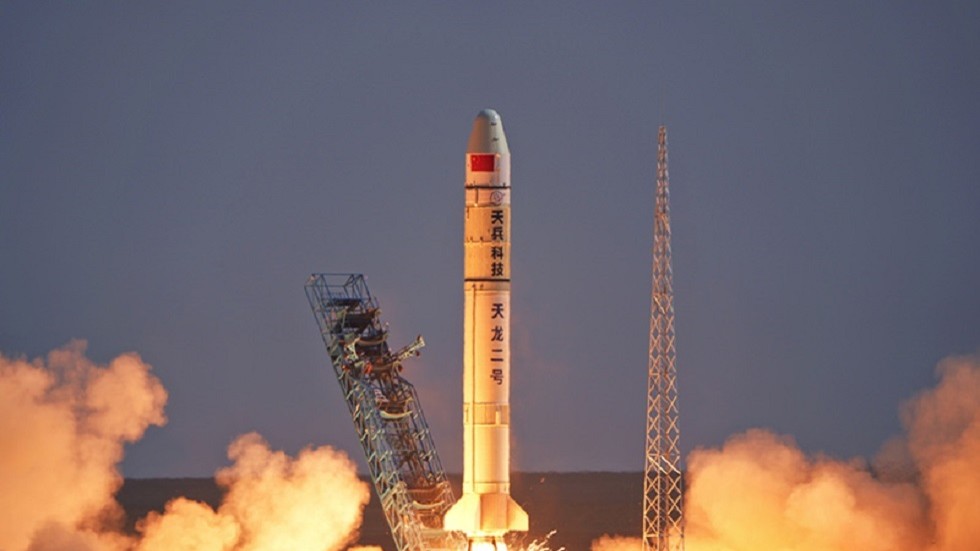
The country’s first privately built liquid-fueled rocket blasted off on Sunday

A TL-2 Y1 rocket blasts off from the Jiuquan Satellite Launch Center, China, April 2, 2023 © Gov.cn / Xinhua
The privately-built TL-2 Y1 rocket made its maiden flight on Sunday, carrying a satellite into orbit from the Jiuquan Satellite Launch Center in northwest China. A flurry of launches are planned for 2023, with Beijing hoping to deploy more than 200 spacecraft this year.
The TL-2 Y1 is a carrier rocket developed by Space Pioneer, a Beijing-based firm. It took off successfully on Sunday afternoon, and soon after placed a remote-sensing satellite in orbit around 500 kilometers above the Earth, Chinese media reported.
With the launch, Space Pioneer became the third private company in China to carry out an orbital mission, after i-Space and Galactic Energy. However, Space Pioneer is the first to launch a liquid-propellant rocket into orbit, a more difficult task than launching a solid-propellant rocket.
As China’s private space exploration industry expands, the country’s state-owned space firm CASC announced in January that it will carry out 60 space launch missions in 2023, and send more than 200 spacecraft into orbit. These launches will include two manned missions to the Tiangong space station and the maiden flight of the Long March 6C carrier rocket.

Read more
The country’s largest rocket, the Long March 5, will also be in action again for the first time since launching the Tianwen 1 Mars mission in 2020.
China carried out 64 launches last year, putting it second behind only the US with 87.




